Continued excellence at Imperial celebrated in latest round of promotions
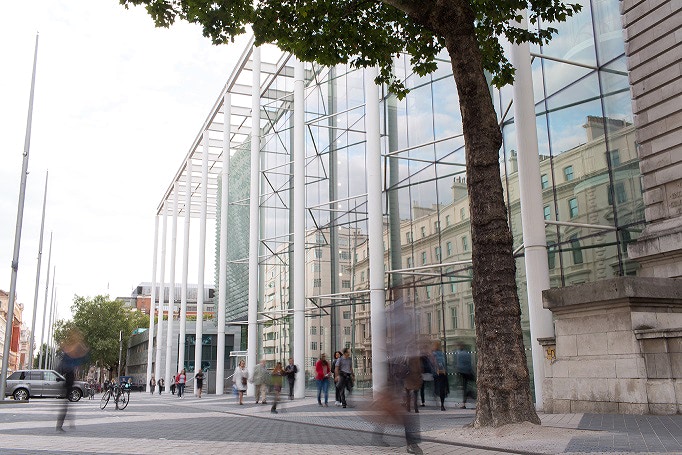
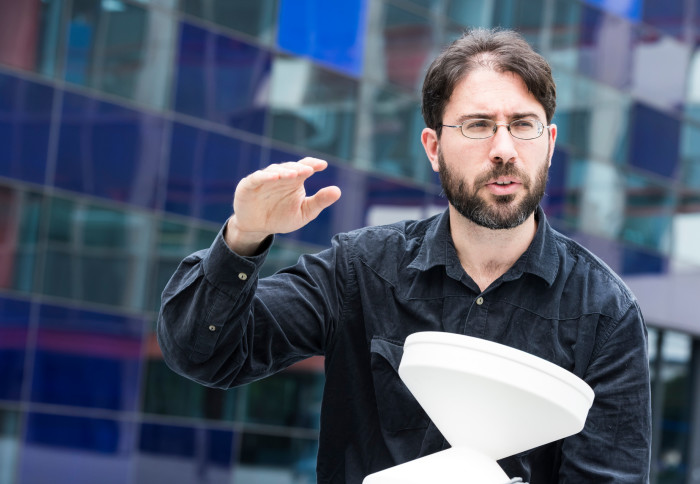
Professor Wouter Buytaert has been promoted to Professor in Hydrology and Water Resources

Over 120 academics have been promoted across the Business School and the Faculties of Engineering, Medicine, and Natural Sciences.
 Professor Peter Lindstedt, Assistant Provost (Academic Promotions), said: “I would like to congratulate every member of staff that has been promoted at Imperial this year. These promotions are testament to the outstanding commitment to your roles and reflects many years of continued excellence in your areas of work.
Professor Peter Lindstedt, Assistant Provost (Academic Promotions), said: “I would like to congratulate every member of staff that has been promoted at Imperial this year. These promotions are testament to the outstanding commitment to your roles and reflects many years of continued excellence in your areas of work.
“It is important to note that these promotions come at an unprecedented time for the College as we continue to navigate COVID-19. I am sure many will join me in thanking and celebrating our outstanding staff for their contributions to Imperial. We are continuing to monitor the impact of COVID-19 and considering this in the upcoming promotions exercise.”
Below we speak to four newly promoted academics.
Professor Wouter Buytaert, Department of Civil and Environmental Engineering, promoted to Professor in Hydrology and Water Resources
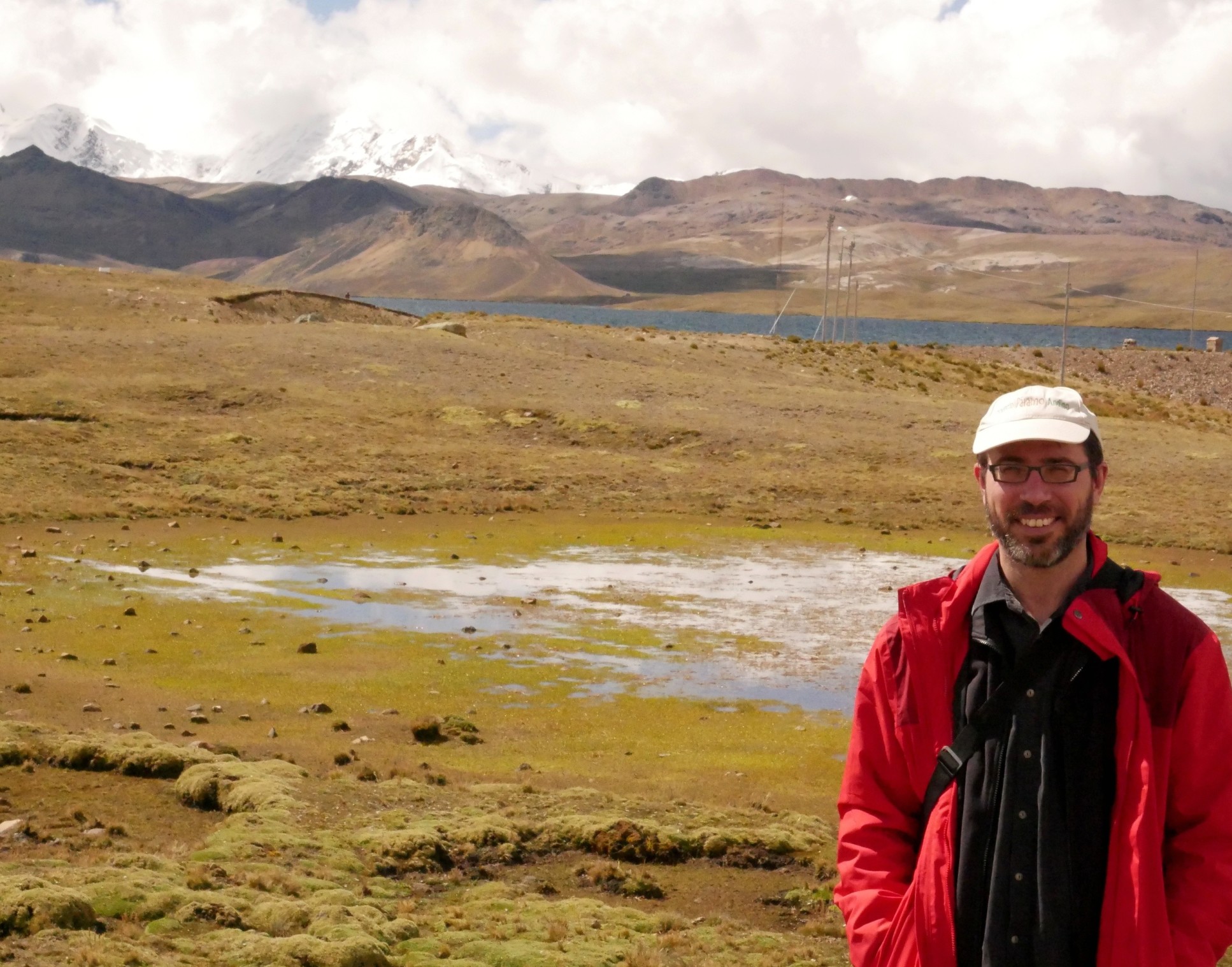
I enjoy teaching as we are giving the next generation the knowledge they need to address these issues and make a difference. Professor Wouter BuytaertProfessor in Hydrology and Water Resources
I joined Imperial in 2009 after holding positions at Lancaster University and the University of Bristol. My research looks at the impact of environmental change on the water cycle and its consequences for managing water resources, plus flood and drought risk. I study how water moves through the landscape such as where a raindrop travels through vegetation and soils on its way to the ocean.
We work with local communities to measure their water cycle and make better decisions on how they manage the surrounding landscape, using approaches such as citizen science. For example, we help developing community-based early warning systems in Nepal and build resilience to melting glaciers in Peru. I have also been working with public health experts on a project in Malaysia to explore the link between water and disease outbreaks.
Intellectually academia is very challenging and diverse. I love having the opportunity to collaborate with social scientists, economists and local communities in places like the Andes and Himalayas. This is needed to solve complex issues such as climate change, which has a big impact on water availability as we are starting to see more extreme weather occurrences across the globe.
As water engineers we have a societal role to find solutions to these negative occurrences. For this reason, I enjoy teaching as we are giving the next generation the knowledge they need to address these issues and make a difference.
Professor Ioanna Tzoulaki, School of Public Health, promoted to Professor of Chronic Disease Epidemiology
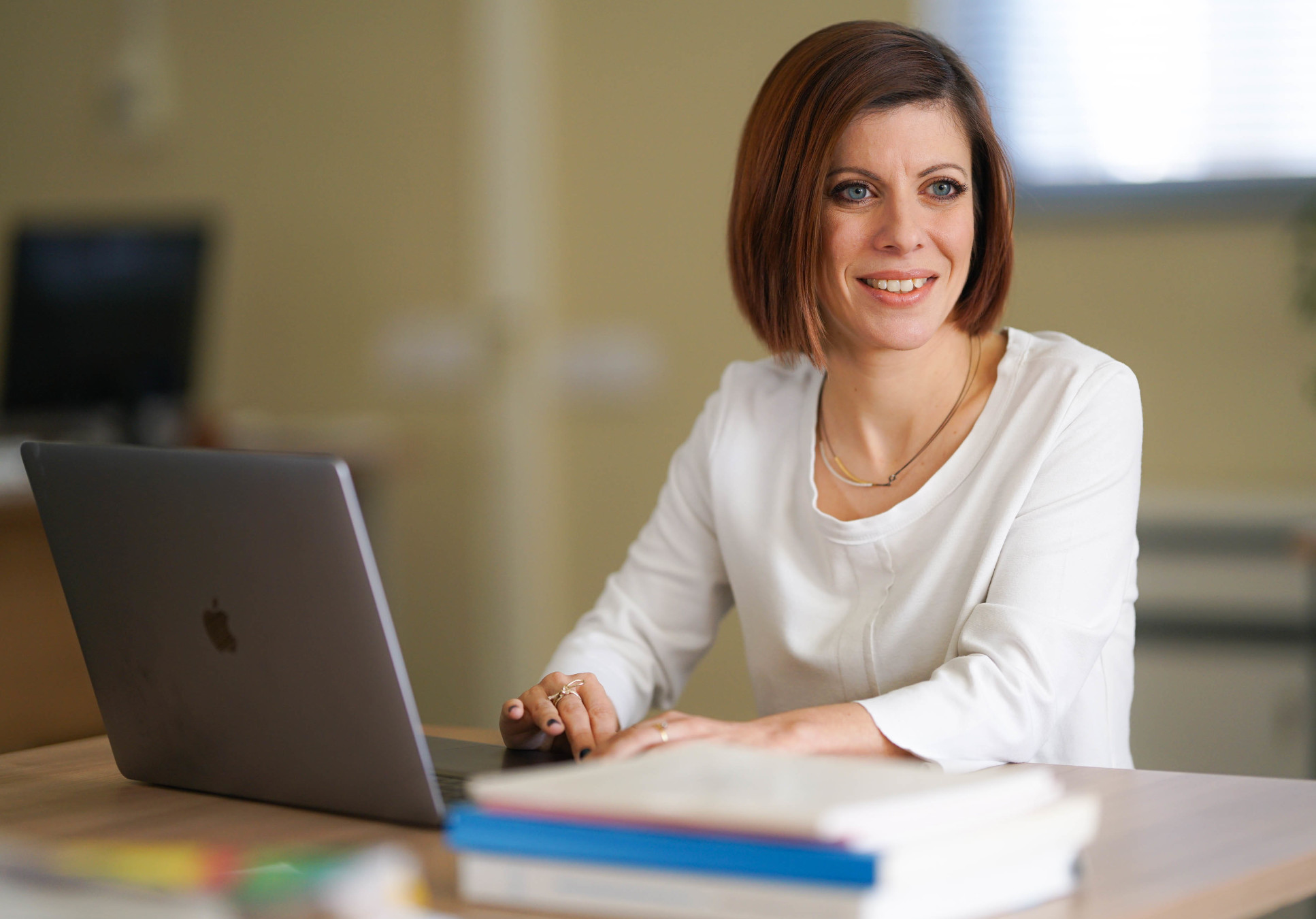
My role is very inspiring as we are trying to identify areas related to important chronic diseases such as heart disease, which we don’t yet fully understand. Cardiovascular disease remains the number one killer in the world and my role is to try and understand the mechanisms that predispose someone to these conditions, such as environmental factors. It’s really important to find ways to reduce the risk of developing these conditions and to encourage people to lead healthy lifestyles.
I love engaging with my PhD students and postdocs and take pride in my role as a mentor to the junior scientists I supervise. Professor Ioanna TzoulakiProfessor of Chronic Disease Epidemiology
My research also looks at risk factors for chronic diseases such as Alzheimer’s and dementia and I spend a lot of time at the UK Dementia Research Institute understanding this. We know about some of the genes associated with these illnesses, but we don’t yet know why these genes are important and how they increase the risk of someone becoming unwell. By exploring this we can identify new drug targets and new disease mechanisms.
We also recently developed a prognostic risk model with genetic variants linked to heart health, the findings of which were published in the Journal of the American Medical Association. This information can help us to identify people at risk and give preventative recommendations for lifestyle change and treatment early on.
I find research both fascinating and exciting. Every day in our department brings a new challenge and prompts us to find new ways to solve problems. I love engaging with my PhD students and postdocs and take pride in my role as a mentor to the junior scientists I supervise.
Dr Harveen Chugh, Imperial College Business School, promoted to Principal Teaching Fellow in Entrepreneurship
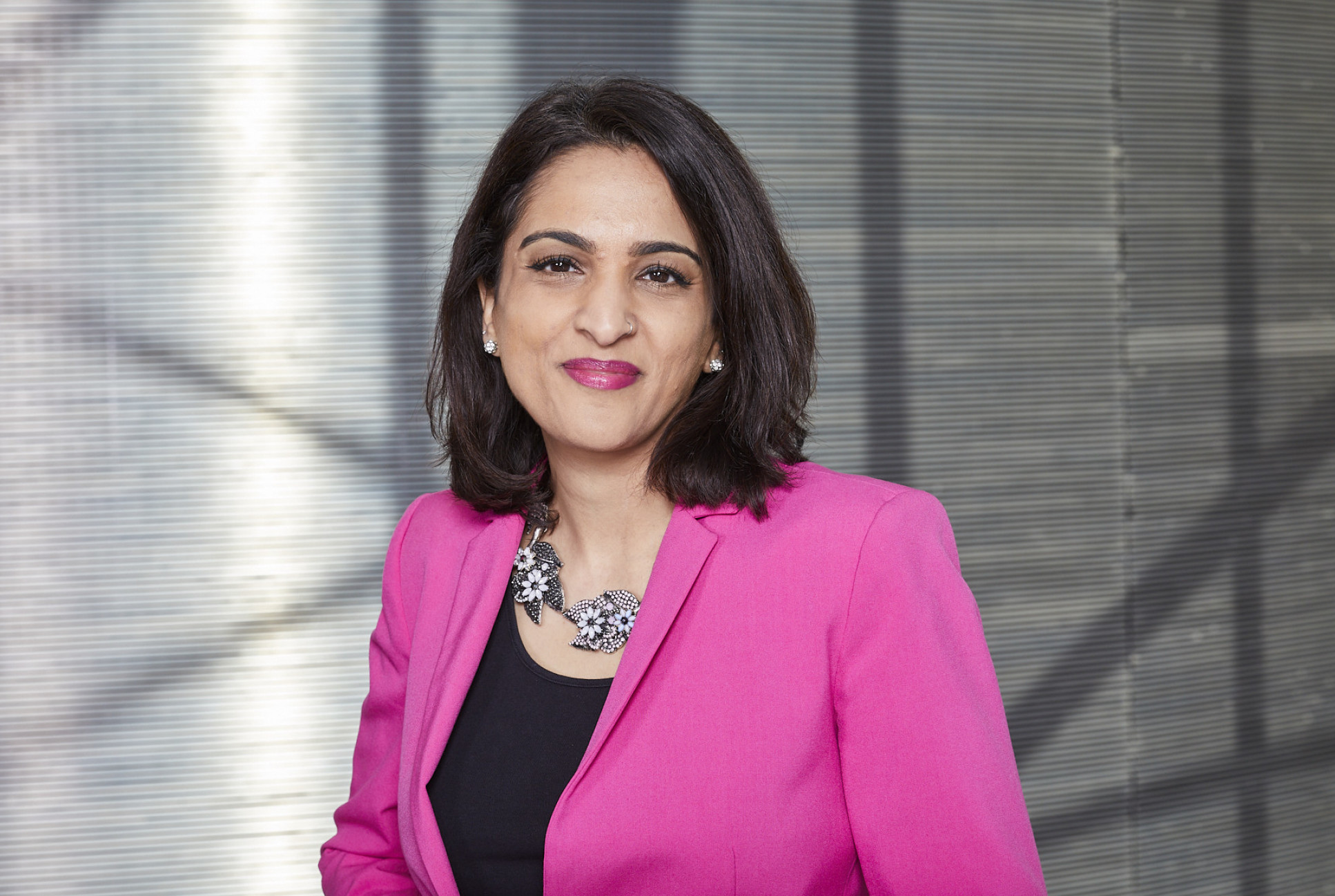
I joined the College three years ago as a Senior Teaching Fellow. Prior to joining Imperial, I spent two years with PA Consulting and a further two years starting up my own company VIS-3, which provided entrepreneurship programme design and coaching services.
I love seeing my students progress and take their entrepreneurial ideas forward. Dr Harveen ChughPrincipal Teaching Fellow in Entrepreneurship
My return to teaching entrepreneurship was exciting because trends in entrepreneurship and online education were evolving. It was also great coming back as I’m an alum of the Business School, having studied for my PhD in Entrepreneurship here.
The last three years at Imperial have been a big learning curve and I have learned a lot by going through the promotion process. It has made me think differently about learning and teaching strategies, how modules fit together and the journeys of a student.
I love seeing my students progress and take their entrepreneurial ideas forward. If I can play a small part in making their learning experience more exciting or inspirational, that’s a positive for me. A particular highlight for me was being named as one of the Best 40 Under 40 Business School Professors by Poets&Quants in 2019. It was incredibly rewarding to be recognised for something I am so passionate about.
Looking ahead I’m really excited to see the coaching model I have developed, GROE (Goal, Reality, Order, Experiment) being piloted with the Imperial Enterprise Lab. I received funding from the Learning and Teaching Strategy Pedagogic Transformation Fund to get this project off the ground, and in November this year we plan to test the model on students who are applying for the Enterprise Lab’s Discovery Fund. I am really excited to see the model come to life.
Dr Morena Mills, Centre for Environmental Policy, promoted to Reader in Environmental Policy and Practice
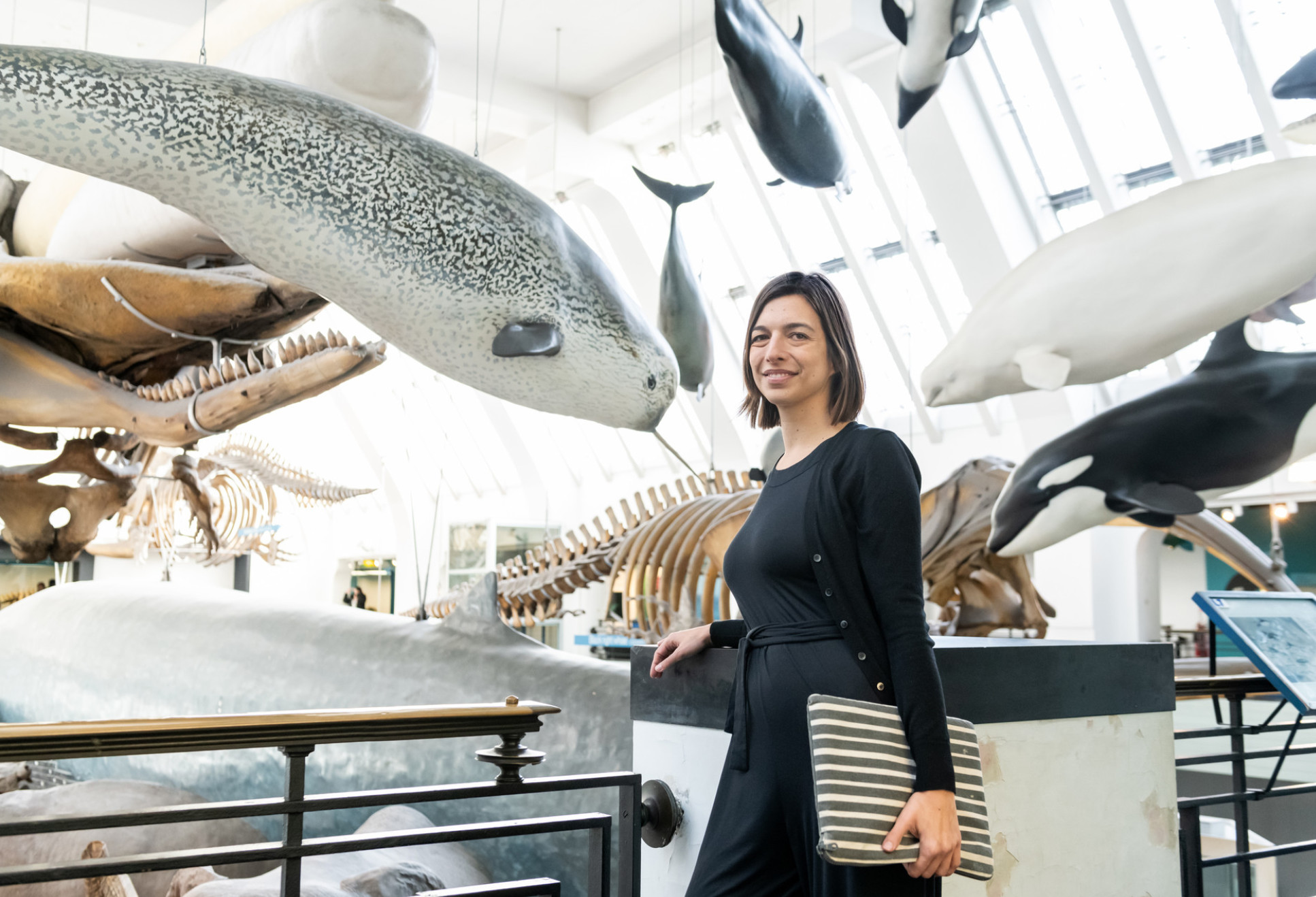
I like working in higher education as I can do great research and teach. Dr Morena MillsReader in Environmental Policy and Practice
We are in the midst of a global biodiversity crisis – suffering rapid and widespread loss of species and degradation of natural ecosystems. I apply social science theories to solve challenges associated with biodiversity conservation and resource management.
Specifically, I look at why people and organisations adopt certain environmentally-friendly practices (e.g. plant biodiversity friendly plants in the garden, implement a protected area), and how we can design these practices so that they are adopted more widely and are more effective in bringing benefits to people and nature.
Everything we do – the food, clothing and energy we consume – has an impact on the environment. We depend on nature to live and for our wellbeing and if we don’t take care of it we will suffer. I want to make the world a better place for both people and nature by understanding the relationship between people and the environment and informing policies and practices which help both.
I like working in higher education as I can do great research and teach. Teaching is a gift – being able to inspire and mentor students, especially Imperial students who are so talented and motivated, is an amazing opportunity. My job also comes with a lot of flexibility, which is wonderful, especially when you have children.











Responses